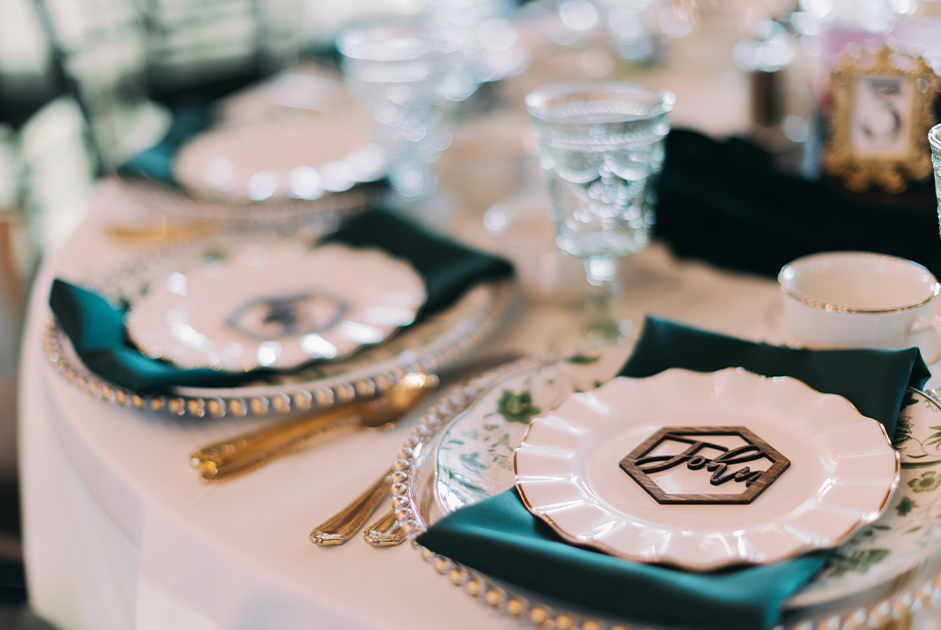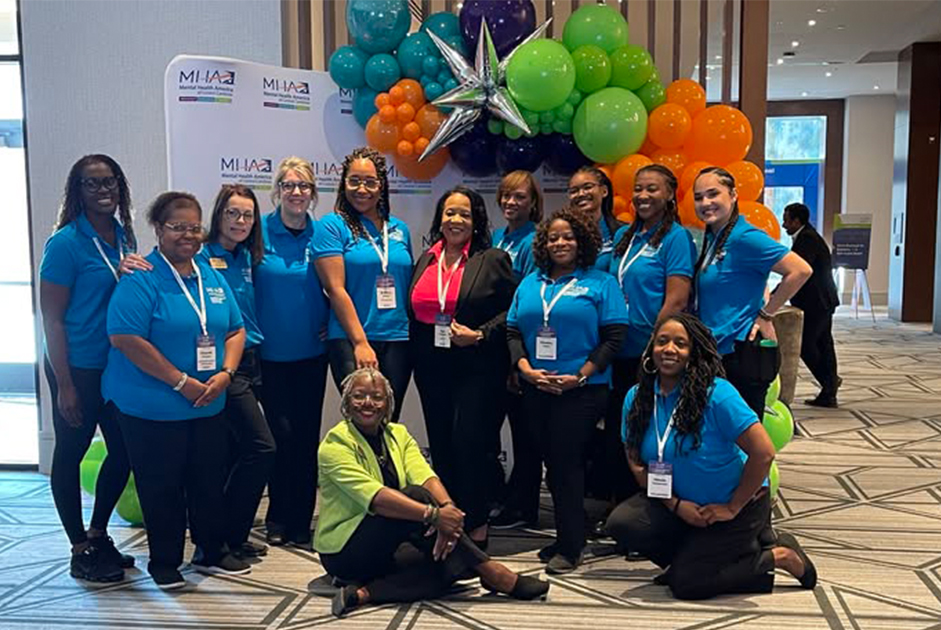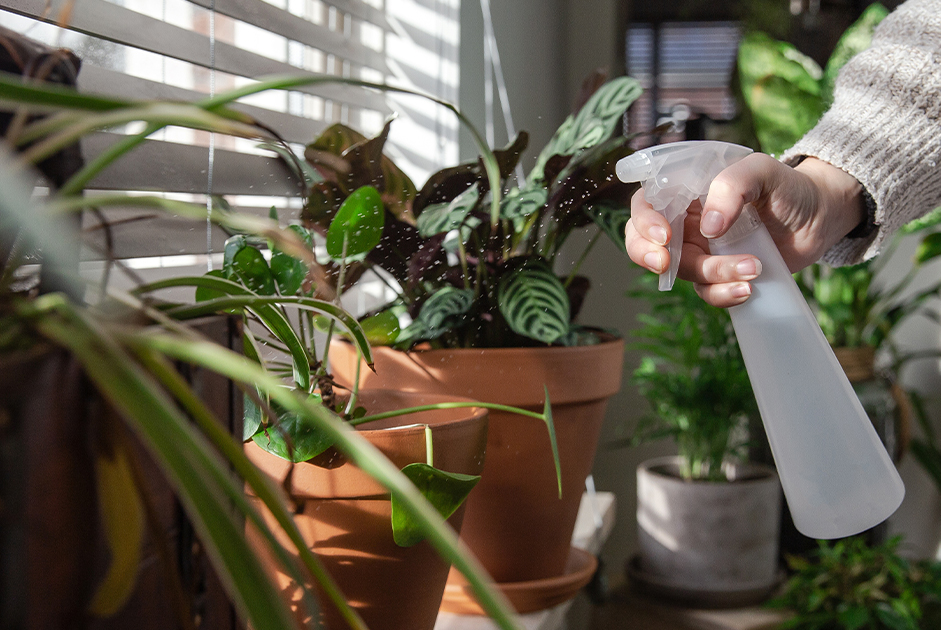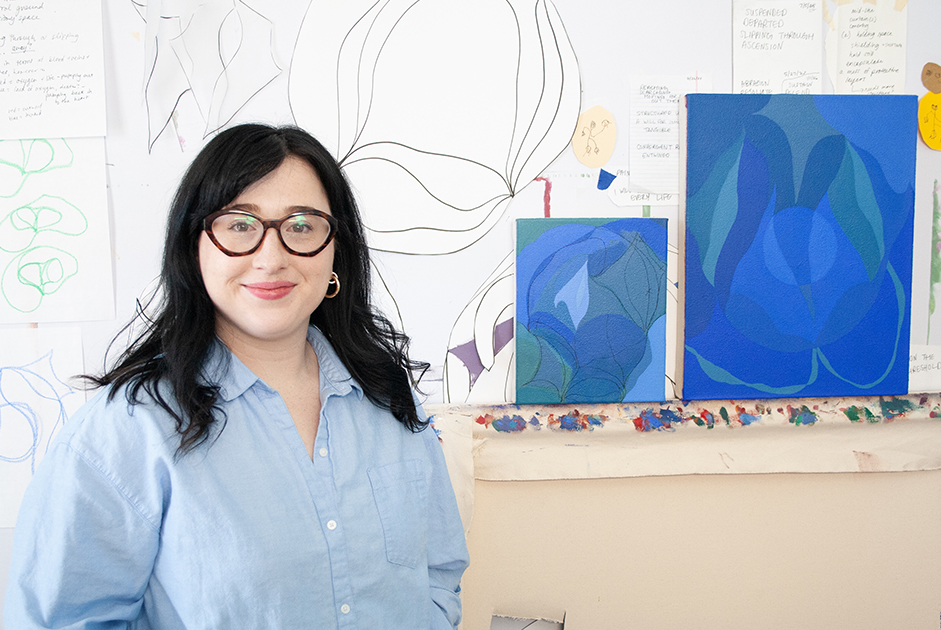“Old age starts where curiosity ends.” Saramago, a Portuguese writer
Lately, I’ve been curious about how curiosity – “the urge to discover, to investigate, to know more” – changes as we age. So I put my curiosity to work, took a deep dive, and discovered that this “urge” is indeed good for the aging brain. In fact, being curious is linked to:
Good health and happy aging
A lower chance of developing high blood pressure and diabetes
Helping to maintain the health of our central nervous system
The longevity of older adults
However, most studies suggest that the urge to discover, investigate, and know more declines with age as we are less motivated to seek and acquire new information, experiences and skills. This lower interest in curiosity might even accelerate cognitive decline.
Preserve and Improve Your Curiosity
First things first: as a foundation, start by eating more fruits and vegetables to improve the health of your brain. Check out the Mediterranean-DASH diet Intervention for Neurodegenerative Delay or MIND diet, in particular (of course, pass any dietary change by your doctor, first). Then get busy cultivating the habits of a curious mind:
Mind your mind. Catch yourself when you are quick to pass judgment and keep an open mind that supports curiosity.
Keep reading. Hit a local bookstore, Goodwill and the Habitat ReStore, and browse to your heart’s content. Go without a specific plan or purpose. I have discovered numerous gems that stimulate my intellectual curiosity and motivate me to experiment more in the kitchen. I never know where my curiosity will take me or what I will come home with.
Take a different path. My car seems to always know where I want to go. That’s great but it means that I am rather brain dead en route. Instead, whether behind the wheel or on foot, take a different path. Go a different way. Pay attention to what you discover.
Engage in random conversations wherever you are. I can’t count how often my husband or I return home and say to the other: “I talked to this very interesting man today,” or “ This lady in line at the car wash told me about this amazing…” Don’t be afraid to ask questions and practice listening deeply to others.
Open up your world of input. Start free subscriptions to online content about topics that are totally new to you. Your curiosity may lead to a newfound interest or passion.
And speaking of passion, it’s proven that we are more curious and retain information about topics that we already have some interest in. So, you can supercharge your curiosity by asking yourself:
What do I deeply desire to know at this stage in life?
What interest or passion did I let slip by the wayside that I can pick up again?
What specific actions can I take that will make me a lifelong student of life?
What “out of my lane” activity can I pursue that would be completely new and different for me?
The idea is to take a two-pronged approach: explore latent interests and try a new path. Here’s some food for thought:
- Study a foreign language or a musical instrument – you don’t have to become an expert. A friend taught herself enough French to be a courteous visitor in a foreign city.
- Travel to an unfamiliar town or city – a day trip alone will provide new stimulation.
- Learn a new skill – I love that my ever-curious husband is teaching himself how to restore an old glider!
- Plant something new. There is nothing like nature to engage a curious mind.
- Try out a different physical activity – I restarted my yoga practice a few years ago and now change things up by including stretching, weights, and my favorite, Pilates. The variety keeps me engaged as I learn new moves and skills.
Dust off those cobwebs, get curious, be willing to explore. That’s how you’ll enjoy your curiosity journey!




















